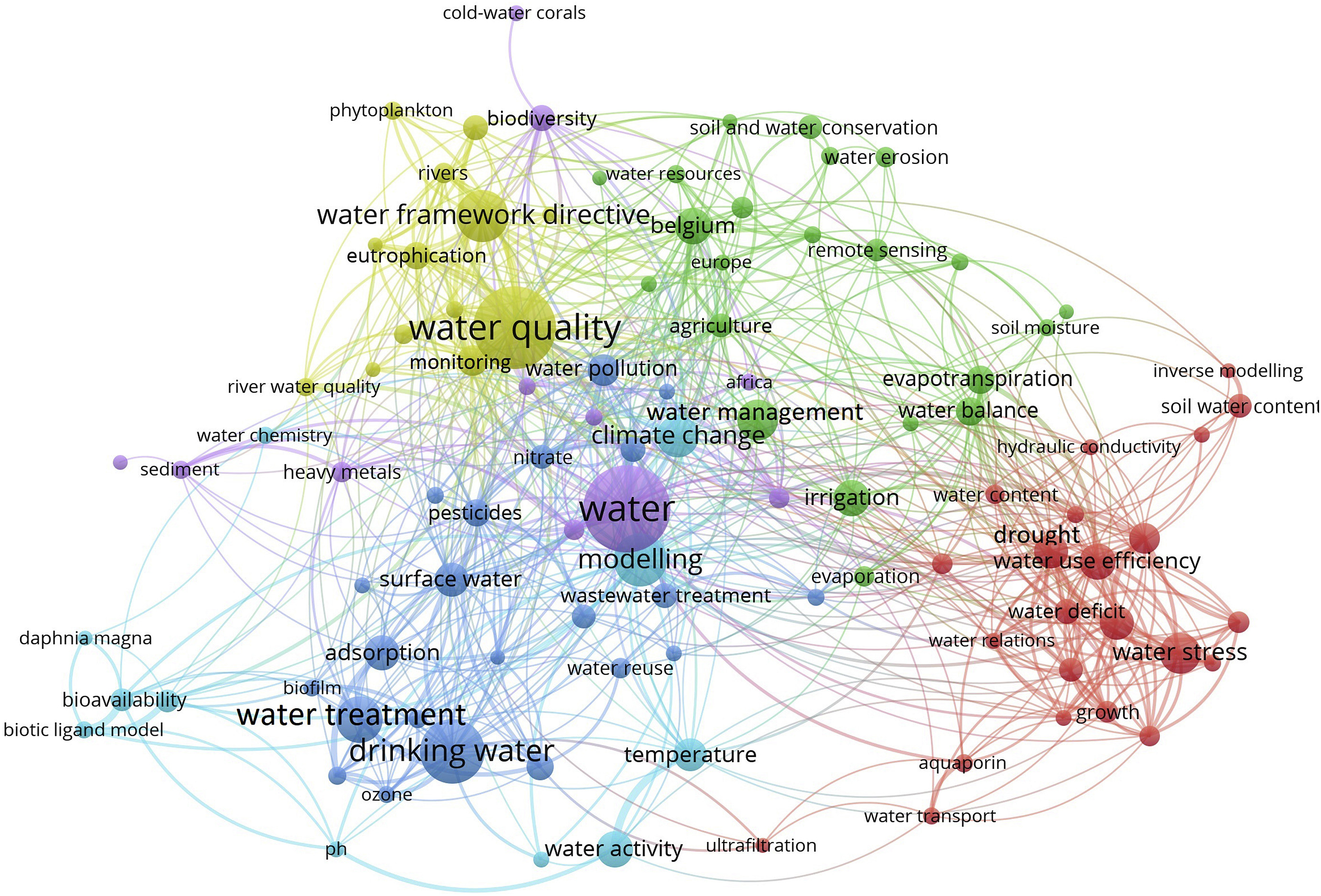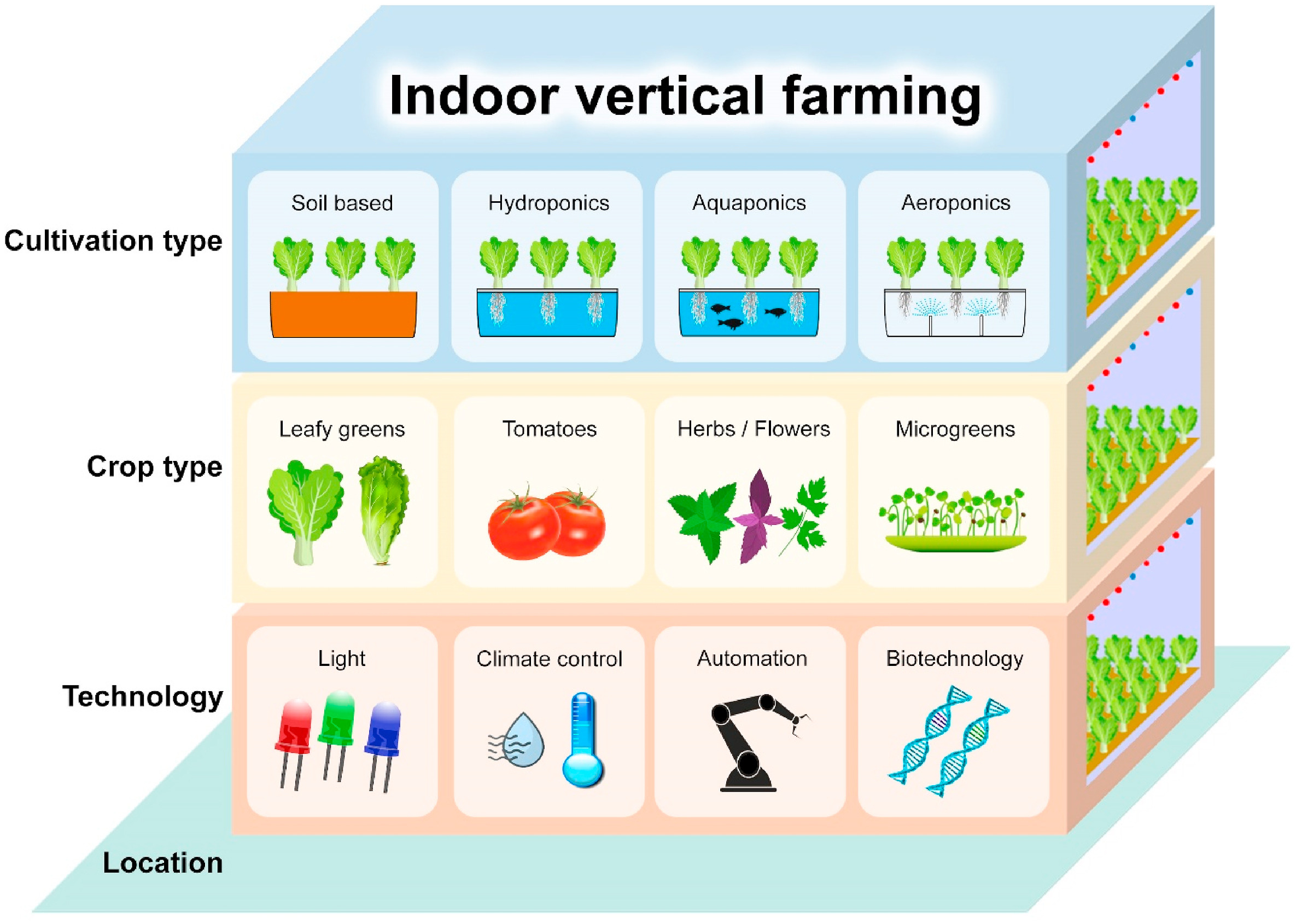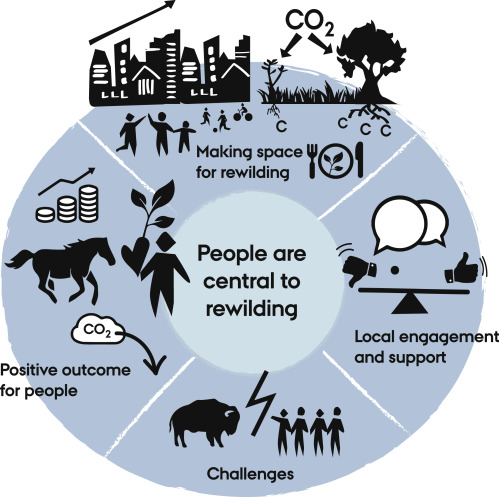Elsevier, Leadership Quarterly, Volume 31, December 2020
Managerial oversight is strengthened and firms' strategic performance improved when boards are gender-diverse. Yet the rate of women's appointment to corporate boards is decelerating. This study proposes an explanation for the unexpected attenuation rooted in social movement dynamics, particularly cross-movement influences originating from the contemporary governance reform movement. Seeking to alleviate managerialist tendencies, the governance reform movement has compelled major changes to board structure, composition, and activity, as well as the broader logic surrounding corporate boards.
Elsevier, Computers and Security, Volume 99, December 2020
With regard to computer abuse, the term "malicious insider" tends to be associated with male employees, likely because men commit more crimes relative to women. We draw on the chivalry hypothesis to inform our study and explore whether managers demonstrate gender bias in decision-making regarding insider threats posed by subordinate employees. We recruited managers as participants in our study and randomly assigned them to an "employee gender" condition, wherein half the participants read a scenario with a female offender and half the participants read a scenario with a male offender.
Elsevier, EClinicalMedicine, Volume 29-30, December 2020
Background: Patients from ethnic minority groups are disproportionately affected by Coronavirus disease (COVID-19). We performed a systematic review and meta-analysis to explore the relationship between ethnicity and clinical outcomes in COVID-19. Methods: Databases (MEDLINE, EMBASE, PROSPERO, Cochrane library and MedRxiv) were searched up to 31st August 2020, for studies reporting COVID-19 data disaggregated by ethnicity. Outcomes were: risk of infection; intensive therapy unit (ITU) admission and death. PROSPERO ID: 180654.
Elsevier, International Journal of Critical Infrastructure Protection, Volume 31, December 2020
Early and accurate anomaly detection in critical infrastructure (CI), such as water treatment plants and electric power grid, is necessary to avoid plant damage and service disruption. Several machine learning techniques have been employed for the design of an effective anomaly detector in such systems. However, threats such as from insiders and state actors, introduce challenges in the design of an effective anomaly detector. This work presents a multi-layer perceptron (MLP) based anomaly detector that uses an unsupervised approach to safeguard CI from the adverse impacts of cyber-attacks.
Elsevier, Journal of Molecular Diagnostics, Volume 22, December 2020
The reported number of cases of Acanthamoeba amebic keratitis (AK) is continually increasing. Molecular diagnosis has become the first choice of ophthalmologists for identifying and confirming this clinically problematic diagnosis. However, in-house molecular diagnostic procedures are time-consuming and may not be compatible with the urgency of the situation. In this study, a previous in-house AK-PCR technique was adapted for use on BD MAX (Becton Dickinson, Heidelberg, Germany), a fully integrated, automated platform for molecular biology, for the rapid routine diagnosis of AK.
Elsevier, Journal of Cleaner Production, Volume 277, 20 December 2020
Reaching the Sustainable Development Goal (SDG) 6 on water and sanitation is fundamentally important and conditional to the achievement of all the other SDGs. Nonetheless, achieving this goal by 2030 is challenging, especially in the Global South. Science lies at the root of sustainable development and is a key to new solutions for addressing SDG 6. However, SDG 6-related scientific outputs are often unknown, forming disconnections between academic world and practitioners implementing solutions.
Elsevier, Environmental Science and Policy, Volume 114, December 2020
Recent policy developments in Europe consider the importance of water ecosystems to human wellbeing and the detrimental effects that multiple pressures may have on them. Several directives and measures which culminated with the design and the implementation of the Water Framework Directive, have attempted to address the issue of sustainable water management while aligning with targets of economic development.
Elsevier, One Earth, Volume 3, 18 December 2020
Earth's ecosystems, upon which all life depends, are in a severe state of degradation. The upcoming UN Decade of Ecosystem Restoration aims to “prevent, halt and reverse the degradation of ecosystems on every continent and in every ocean.” These Voices articulate why and what action is urgently needed.
Elsevier, Trends in Food Science and Technology, Volume 106, December 2020
Background: Agricultural production in controlled indoor farming offers a reliable alternative to food and nutrition supply for densely populated cities and contributes to addressing the impending food insecurity. Leafy vegetables, rich in vitamins, minerals, fibres and antioxidants, account for over half of the indoor farming operations worldwide. Light is the foremost environmental factor for plant growth and development, and the success of indoor farming largely depends on lighting qualities.
Elsevier, One Earth, Volume 3, 18 December 2020
Rewilding should be central to the massive restoration efforts needed to overcome the global biodiversity crisis and enhancing the biosphere's capacity to mitigate climate change. Key elements include large areas for nature, restoration of functional megafaunas and other natural biodiversity-promoting factors, synergy with major societal dynamics, and careful socio-ecological implementation.




